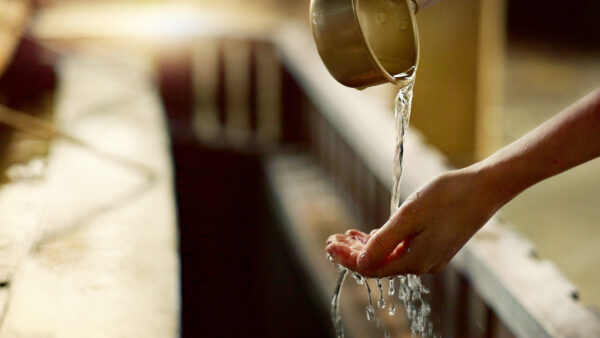-
Bechukotai: Distance Makes the Heart Grow Fonder
Hashem is encouraging us that familiarity with us will never cause Him to look down on us or to seek distance.
-
Metzora: The True Meaning of Impurity
Parshat Metzora continues discussing various halachot related to the topic of purity and impurity.






